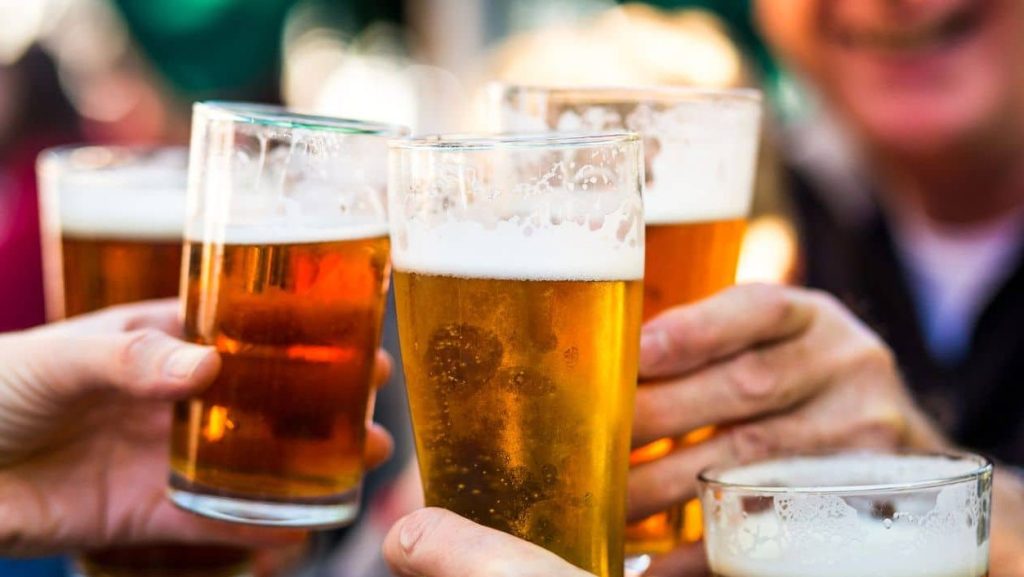Consumption of alcohol can be particularly hazardous for individuals with diabetes. Alcohol can induce insulin resistance, meaning the body ceases to respond effectively to insulin. This resistance can elevate the risk of diabetes and other associated health problems. Moreover, many alcoholic beverages are laden with sugars or empty calories, which can additionally strain your digestive system and contribute to weight issues.
Alcoholic drinks also come with potential hidden dangers. The sugars and additives in some cocktails might include undisclosed ingredients. Thus, it’s essential to carefully scrutinize all labels when purchasing alcoholic beverages. This is especially crucial if you have diabetes to avoid the unintended ingestion of harmful substances.
Navigating Alcohol Consumption with Diabetes
A common question arises about whether it’s safe to drink if you have diabetes. The brief answer is no. Alcohol poses significant risks for those with diabetes, and it’s prudent to abstain completely if you have the condition. Even minimal alcohol intake carries substantial risks, such as nutrient deficiencies, poor blood sugar management, and other complications including insulin resistance.
Pathways to Type 2 Diabetes through Alcohol
Several factors show how excessive alcohol consumption can contribute to diabetes onset:
- Alcohol misuse can diminish the body’s sensitivity to insulin, potentially leading to type 2 diabetes.
- A common result of chronic pancreatitis—sometimes due to heavy drinking—is diabetes.
- Alcoholic beverages typically contain high calories, which can result in weight gain or obesity, thereby heightening the risk of type 2 diabetes.
Alcohol’s Impact on Diabetic Patients
If you have diabetes, here are crucial points regarding alcohol’s impact on your health and medication:
- While moderate drinking might elevate blood sugar levels, excessive drinking can drop them to dangerously low levels, especially in those with type 1 diabetes.
- The carbohydrates in beer and sweet wine can cause spikes in blood sugar levels.
- Alcohol boosts appetite, potentially leading to overeating and difficulty in managing blood sugar levels.
- Many alcoholic drinks are calorie-dense, complicating weight loss efforts.
- Alcohol consumption can impair judgment or willpower, leading to poor dietary decisions.
- Alcohol can undermine the efficacy of insulin or oral diabetic medications.
- Alcohol may elevate triglyceride levels.
- Blood pressure can increase due to alcohol consumption.
- Alcohol intake may lead to frequent flushing, nausea, and a more rapid heart rate.
Reducing Alcohol Consumption Risks
Though moderate alcohol intake has been linked to reduced risks of heart disease, diabetes, and some cancer types, individuals with diabetes face many health risks associated with alcohol consumption.
Here are several strategies to reduce alcohol intake:
- Substitute alcohol with zero-sugar non-alcoholic beverages such as coconut water, tea, coffee, apple cider, dark chocolate drinks, and lemonade.
- Train your mind to handle cravings.
- Consider seeking medical assistance or joining a drinking cessation program if you find it challenging to control your alcohol intake.
Conclusion
Alcohol comes with hidden dangers, including sugars and additives that might contain undisclosed ingredients. Therefore, it’s crucial to read all labels when purchasing alcoholic beverages. Nonetheless, if you have diabetes, the safest course of action might be to completely eliminate alcohol consumption.
